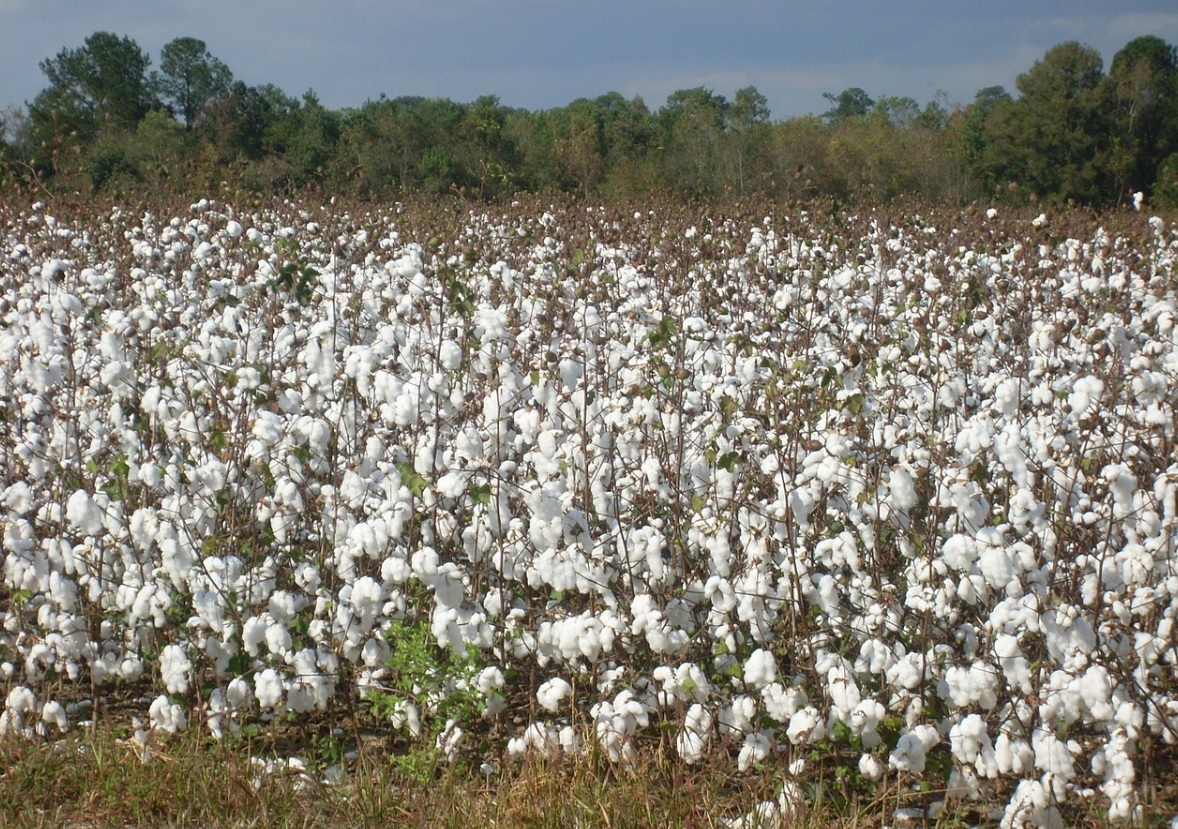Half of global cotton growing regions may face severe climate risks: Study
Preparing today is essential if we are to limit the impacts of climate change on society, Alastair Baglee, Director, Corporates - Climate Resilience Hub, Willis Tower Watson, said.Cotton makes up about 31 per cent of all raw material used in the global textile market, with a yearly economic impact of over USD 600 billion, the study stated.

- Country:
- India
Climate change could expose half of all global cotton-growing regions, including India, to high risks from temperature increases, changes in rainfall patterns and extreme weather events by 2040, according to a global study.
Under a worst-case climate scenario, all global cotton-growing regions will be exposed to increased risk from at least one climate hazard by 2040, according to the study “Adapting to climate change - physical risk assessment for global cotton production”, which was commissioned by the Cotton 2040 initiative and climate-risk specialists Acclimatise, part of Willis Towers Watson's Climate and Resilience Hub.
The study further revealed that while this temperature increase ranges from very low to very high risk, half of the world's cotton-growing regions will face drastic changes with high or very high-risk exposure to at least one climate hazard.
“As it stands, emission reduction commitments and targets are being missed by the majority of countries, including India, meaning that warming of more than 3°C is probable by the end of this century.
“However successful we are with decarbonisation, we will face decades of unavoidable climate change and disruption. Preparing today is essential if we are to limit the impacts of climate change on society,” Alastair Baglee, Director, Corporates - Climate & Resilience Hub, Willis Tower Watson, said.
Cotton makes up about 31 per cent of all raw material used in the global textile market, with a yearly economic impact of over USD 600 billion, the study stated. India is the highest cotton producing country globally, engaging around 60 million people directly or indirectly in its cotton value chain, with about 40 to 50 million people employed in the cotton trade and its processing, it added. The majority of Indian cotton is grown on small farms of less than 1 hectare, it said. The study was focused on cotton cultivation and processing in Maharashtra, Gujarat and Telangana, three of India's major cotton-growing states.
“Climate change impacts not just cotton, but also the inter-connected agriculture system, and related supply chains. In order to mitigate these risks, we need to catalyse sector-wide dialogue for proactive changes. Our partnership with Cotton 2040, accelerates this opportunity,” Anita Chester, Head of Materials, Laudes Foundation, said.
(This story has not been edited by Devdiscourse staff and is auto-generated from a syndicated feed.)
ALSO READ
The Effortless Charm of Cotton Cord Sets: A Wardrobe Essential
Promoting Fair Work Practices and Gender Equality in Uzbekistan's Cotton Sector
Govt. of India Ensures Fair Cotton Procurement with MSP Support for Farmers
Government's Cotton Procurement Hits Record High
Parag Satpute to Lead Greaves Cotton as New MD & CEO










